Articles by John Sharry
Feedback form – talk in CTYI by John Sharry 21/10/23
Parenting a child with neurodevelopmental differences such as Autism, ADHD, Dyspraxia and Dyslexia Please complete feedback form here Slides available here
Strengths-based Family Centred Practice
Click here for full slides of presentation by John Sharry
Follow-Up Self-Esteem
Slides:You can view the slides from tonight’s talk here. Please note that the slides are for personal use only, and should not be copied or distributed without permission. Articles:The link to the series of six articles on building children’s self-esteem is here. Other articles are here and more recent ones are on The Irish Times … Continue reading Follow-Up Self-Esteem
Instagram Posts
More tips on my Instagram page at: www.instagram.com/john_sharry Tips to negotiate rules with teenagers Tips to arrange playdates to help children with friendships Tips on what to do when your child tells lies Tips for switching from “Don’t ” to “Do”
‘Healthy Families’ 6-part article series
In early 2019, I wrote a series of articles on overcoming the challenges of bringing up healthy and happy children in The Irish Times. They are reproduced here and focus on 6 different areas of family life. Part 1: Bringing up happy, healthy children Part 2: Replacing bad habits with good ones Part 3: Importance … Continue reading ‘Healthy Families’ 6-part article series
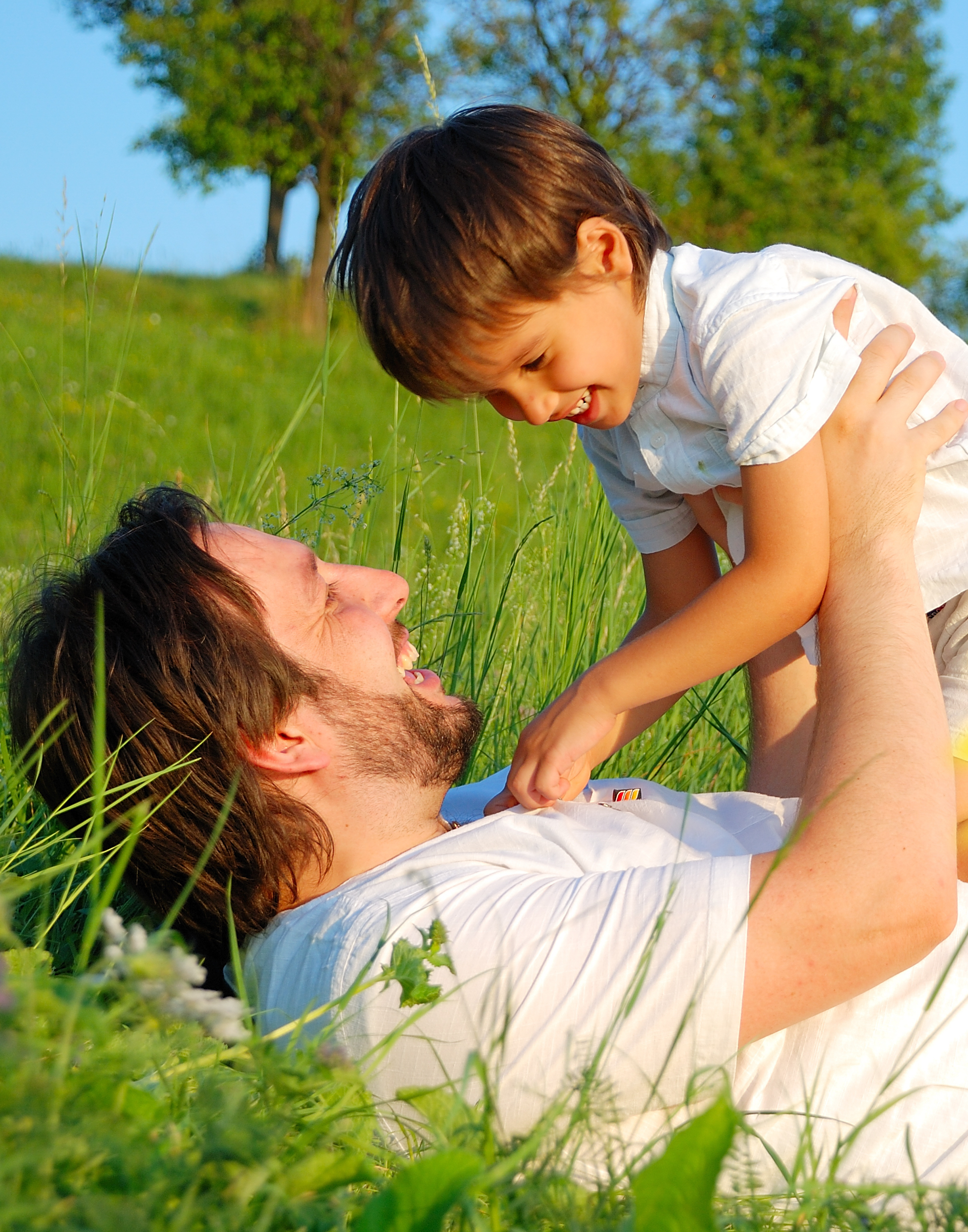
Our son’s routine goes awry when his dad is around
QUESTION My partner has to work away a lot which means I am effectively a single parent to our four-year-old boy. This is a difficult arrangement for everyone. When my partner is home – sometimes for only a few days a month – it can be particularly stressful. Don’t get me wrong, my partner is … Continue reading Our son’s routine goes awry when his dad is around
Should I force my child to have a hobby?
QUESTION How much should you “force” a child to pursue an interest that might be good for them but that they don’t seem interested in? My eight-year-old girl tends to flit around between hobbies and interests. We started taking her to GAA football two years ago and, until a few months ago, that seemed to … Continue reading Should I force my child to have a hobby?
Helping Your Child Find Their Niche
“Everybody is a genius. But if you judge a fish by its ability to climb a tree, it will live its whole life believing that it is stupid.“Albert Einstein One of the best ways to help children become happy and well adjusted is to help them discover their strengths and talents so they can find … Continue reading Helping Your Child Find Their Niche
Love Your Children Uniquely
“When your child walks into the room, does your face light up? Because that is all they are really looking for from you. Let your face speak what’s in your heart.“Toni Morrison One of the main reasons children suffer a lack of confidence or poor self-esteem is that they are comparing themselves to others. Children … Continue reading Love Your Children Uniquely
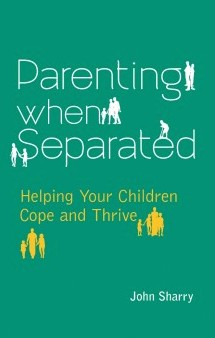
How to protect children from the worst effects of divorce
There are positive things separating parents can do to minimise the negative impact of marital breakdown on children. Children are vulnerable at this time, but also resilient. Parents may be upset or angry while going through separation, but they are nearly always well-intentioned towards their children too. The chain of events from parental conflict to … Continue reading How to protect children from the worst effects of divorce
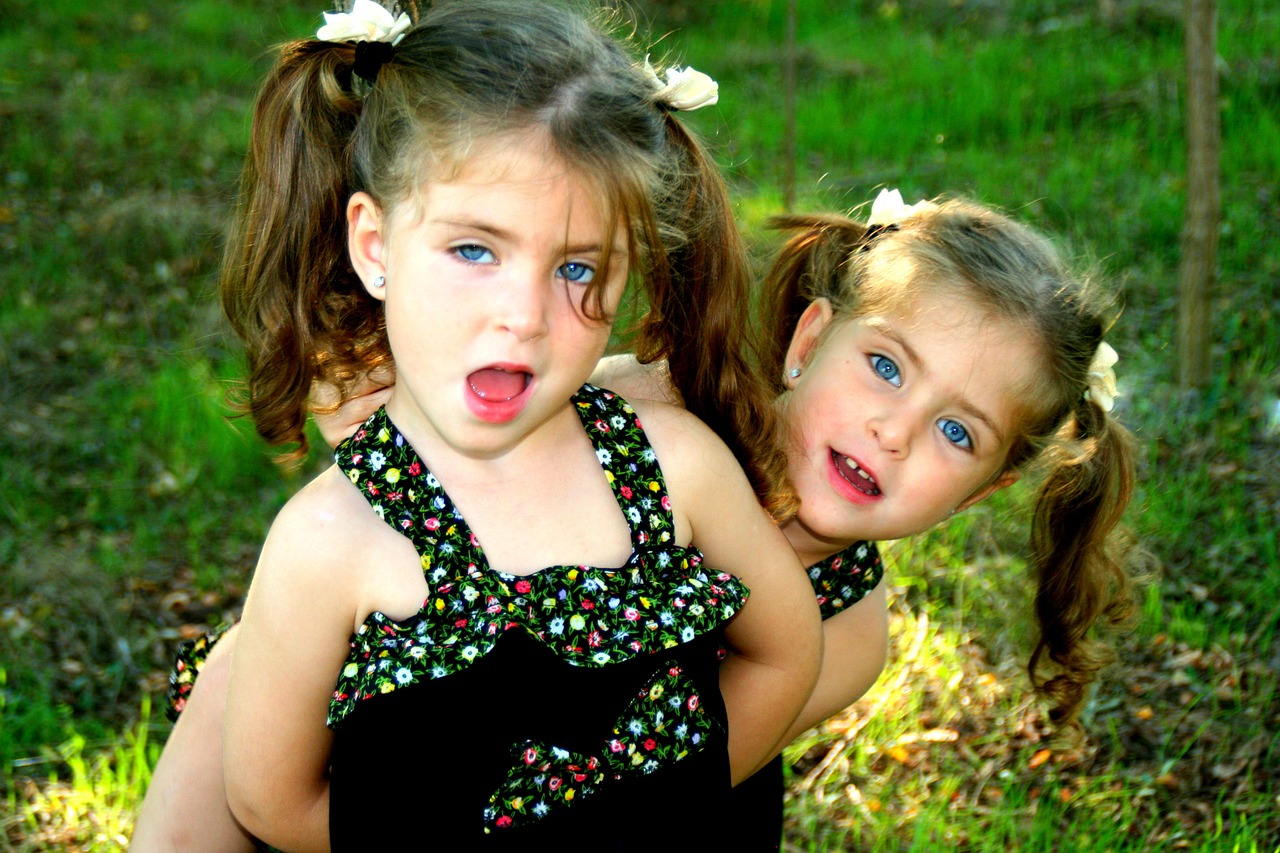
One of my twins is so cheeky
Q. I have twin daughters of six years old. One of them never follows instructions or does what she is told. She will spend ages debating, being cheeky and arguing when you ask her something, and it can be very tiring. As a result, I find myself getting really annoyed at her. When she does not get what she wants, she begins to cry and scream. We put her outside the room to get her to stop but she keeps coming back in. Then she asks for a hug in order to stop crying and screaming.

My triplets gang up on me
Q. We have four children, a 10-year-old girl and triplets (two boys and one girl). I look after them full-time at home and their father works full-time. I have just spent a weekend from hell with them. Their father went away for the weekend to visit his family. They were acting up all weekend and I had no support. I live in Dublin away from my family and dont know my neighbours. By the end of it I wanted to run away, I even packed a bag, passport, the whole lot. When my husband got home, he got me to calm down and we agreed we needed support.
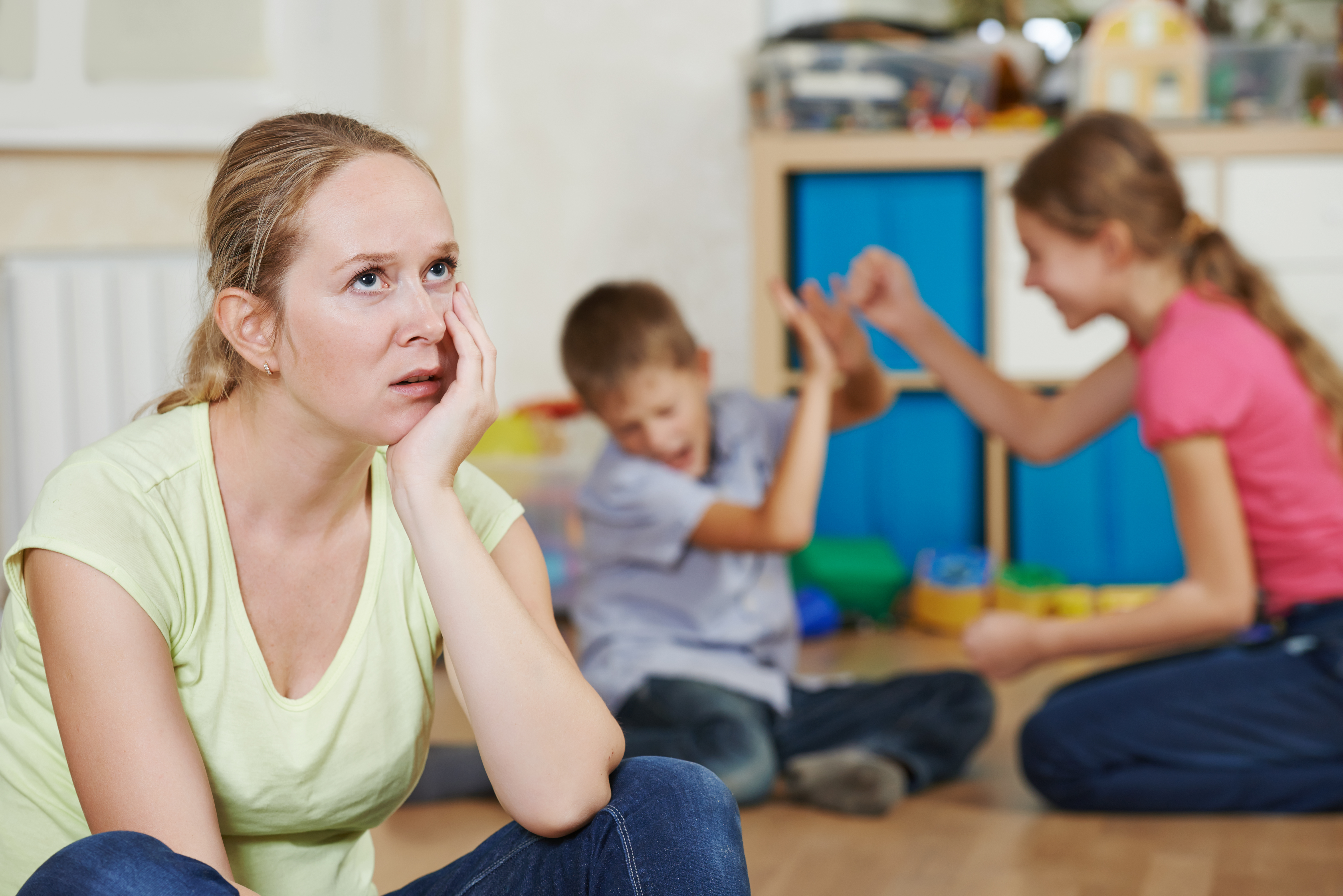
Parent Mental Health: Looking after yourself for the kids sake
Though becoming a parent brings many joys and satisfactions, it is inherently stressful and demanding and can take its toll on parents mental health. Parents can easily put all their energies into caring for and attending to their children, and sacrifice their own personal needs and self-care. Juggling the many demands placed on them, it is easy for parents to cut off from their natural supports or sources of rest or recreation, and over time become depleted stressed and burnt out.
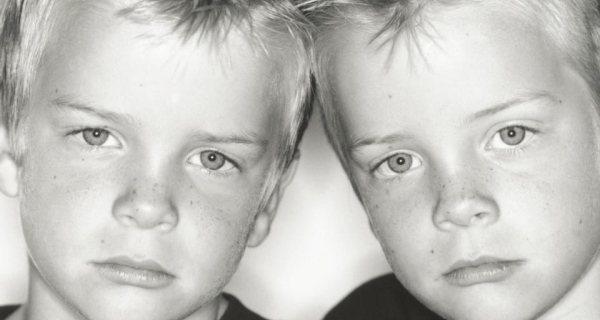
How do I help an identical twin who doesn’t like to be called a twin?
Q. Our identical twin boys (Alex and Marcus) are nearly six years old and in separate classes in junior infants since last September. However, since February, Marcus does not like being called a twin. We call them by their names at home or refer to them as the boys. The teachers are very good and refer to them only as brothers. But when other children in the school or adults comment about them being twins or how alike they are, Marcus really doesn’t like it .
Irish Times Parenting Q&A with Dr. John Sharry: ‘How can I avoid family conflict over Christmas?’
Q. I find myself dreading Christmas this year. Because my parents live abroad, the expectation is that we will spend Christmas Day with my husband’s family. My husband has an up-and-down relationship with his family and there is always tension when they meet. Their father, who died three years ago, was a serious alcoholic and some of his brothers are heavy drinkers if not alcoholics themselves. His mother tries to cover everything up, but tensions flare at family gatherings.
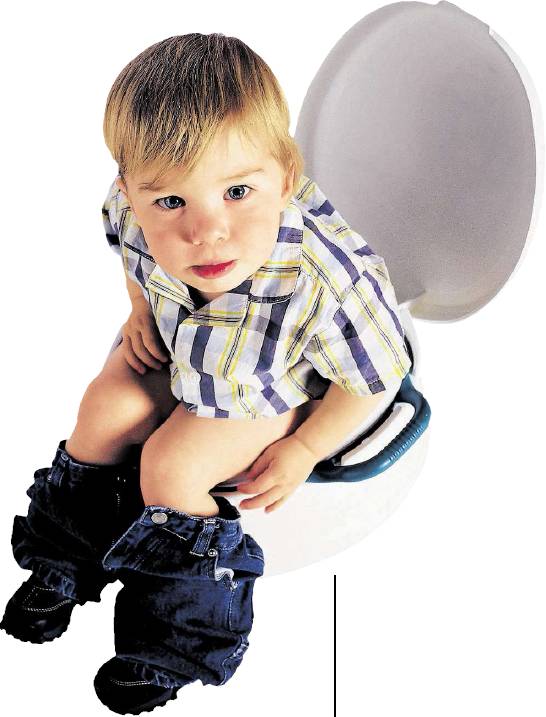
Our son fails to grasp toilet hygiene message
Q. Our difficulty is with our six-year-old son, who is the middle of three children, with sisters younger and older than him. He is a very bright and charming boy, but has always been difficult to handle in terms of being very determined and stubborn about issues or behaviour that were important to him. This kind of behaviour has become increasingly easier as we can talk and explain more to him. The one area in which he is still totally resistant is toileting – and particularly wiping himself.
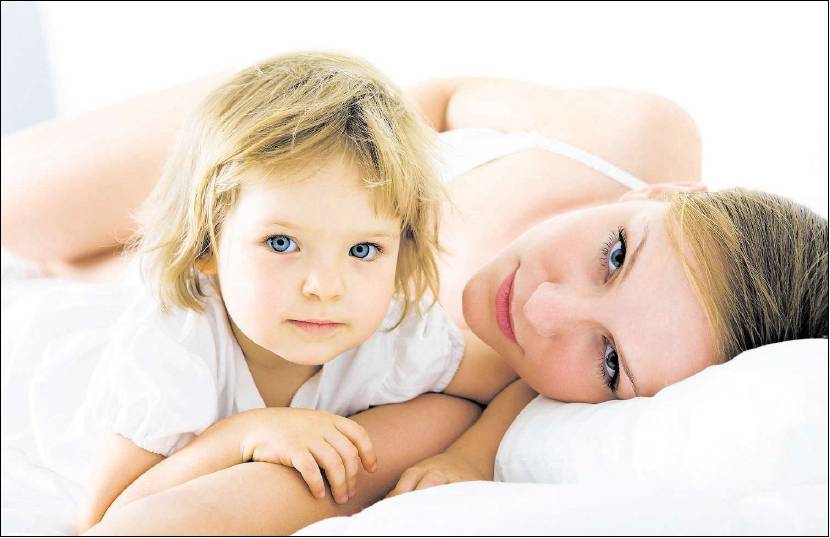
My toddler won’t stay in her own bed
Q: I’m seeking advice on my toddler who is just over two and a half years of age. She has slept in the bed with both of us until last year. When she actually kept telling my husband, “No daddy” in the bed, he had to give in to her tantrum as it was easier. She now sleeps in our bed with me and my husband sleeps in her room. In order to go to sleep she pulls my hair, which has also become very troublesome. She wakes during the night for several hours which can be very difficult. Last night, she woke from 3.30am until 7.30am, when she fell asleep.

My daughter is being called a bully
Q: Last week I was called into the school and told that my nine-year-old daughter was involved in bullying another girl. I was shocked as this came out of the blue. What seems to have happened is one girl in the class has fallen out with my daughter and a few of her friends. Now the other girl has no friends and the teachers say my daughter and her friends have been excluding her and leaving her out all the time. My daughter more or less told me this when I asked her about it.
Learning to make friends
Q. The vast majority of discussion on children naturally concerns the parent-child relationship. But the whole area of sociability with other children is such a huge part of their early development, and potentially affects how they interact with others in later life. I have three children aged four to seven, and my question is around how important it is for me as a parent to help them learn to make friends? Some children are naturally gifted at engaging while others struggle.
Families Coping With Financial Downturn
Anything that does not kill me, makes me stronger – Nietzsche
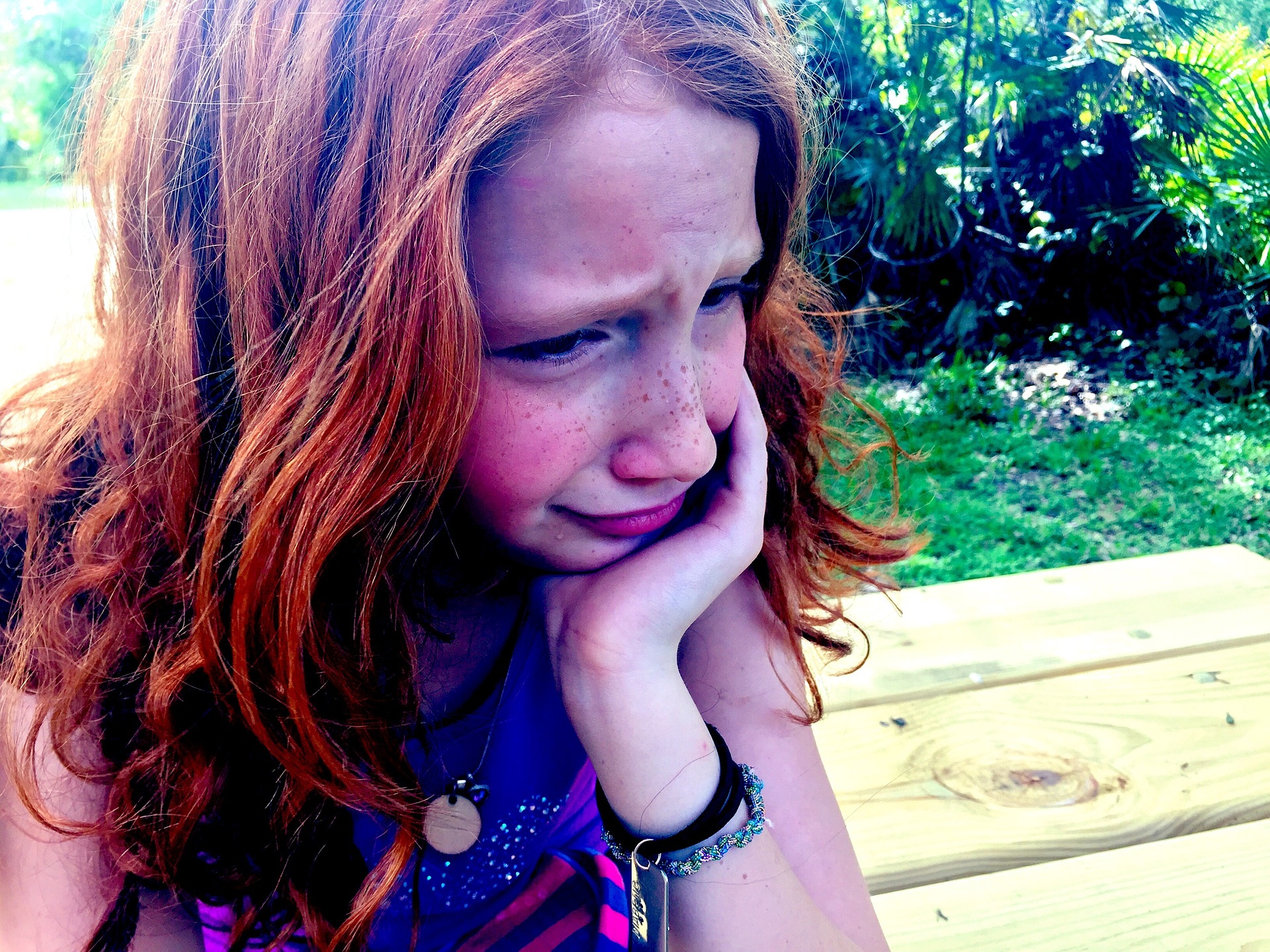
My daughter’s phobias seem to be getting worse
Q. Our happy, outgoing, confident six-year-old daughter appears to be developing irrational phobias. To date, she is terrified of injections, dentists, wasps and to a lesser extent insects in general, tweezers and flying. She hasn’t had a bad experience with any of these things. It all seemed to begin last autumn when she became upset and hysterical while she and her siblings were getting their vaccinations. We were hoping it was a one-off as she had been okay with injections before this and had never had a bad experience.

My son is putting on weight
Q. Over the past year or so, our eldest son, who is just nine, has become rather rotund. His shoulders are broad and his arms and legs are solid but, even so, his tummy is pretty noticeable. He is 130cm tall and weighs 32 kilos. On an average day, he has two Weetabix with cornflakes for breakfast. Lunch at school is a wrap with ham or chicken, and a piece of fruit.
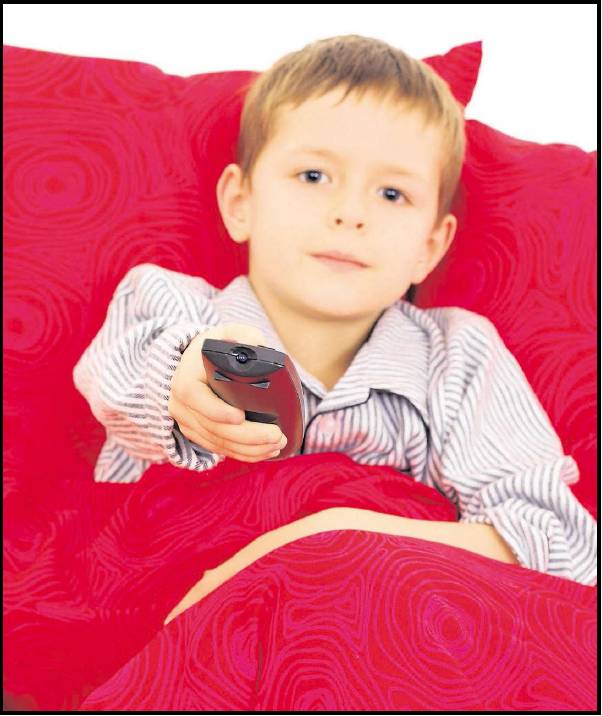
My 9 year old wants a TV in the bedroom
Q. Are there any circumstances where it is a good idea for children to have a TV in their bedroom as my nine- year-old son is pushing for one? I know the general advice is that it is not a good idea and normally I would be against it. However, a friend of mine says she finds it useful for her son as it allows him to retreat into his room for 30 minutes or so of downtime and she sees no harm in this.
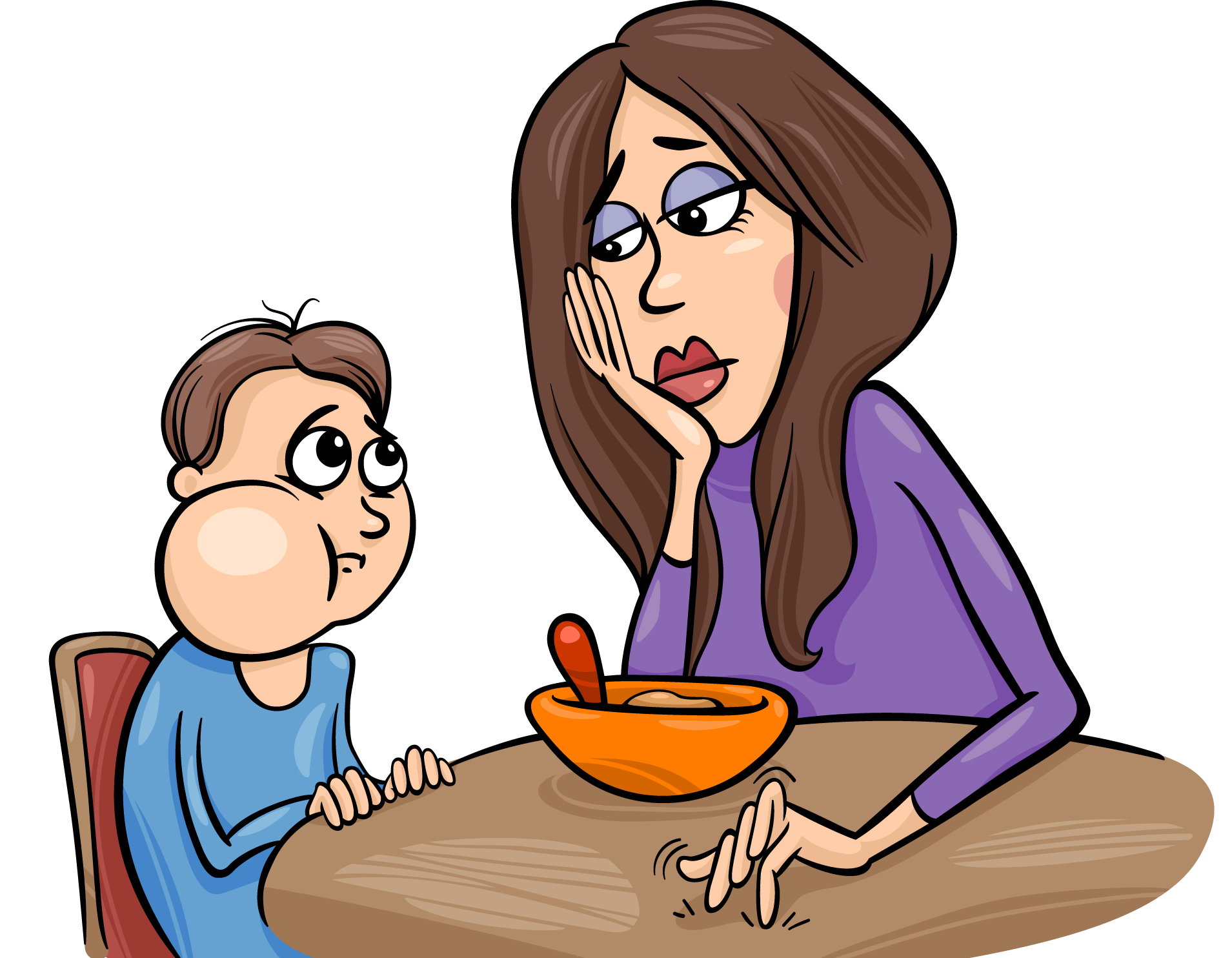
My 6 year old is a fussy eater
Q. I have a six-year-old son who is becoming more and more fussy when it comes to meal times. His diet is quite limited in terms of meals. He tends to eat only one thing at a time, so for example would eat sausages or chicken nuggets but does not eat anything that would go with it such as any type of veg or potatoes. He won’t eat potatoes in any form, chipped, roasted, boiled or mashed. Of the limited amount of food he will eat at the table, he is becoming even fussier.

How can I change my son’s eating habits?
Q: When I took my seven-year-old son to the GP last week for an ear infection, he made a comment about him being very overweight for his age. I was a bit taken aback because I hadn’t really thought about this before. He does have a relatively balanced diet at home, but can overeat on cakes and biscuits, and tends to eat a lot of crisps and fizzy drinks. He also is not that active. We have tried to get him to join the GAA, but he has not really taken this up.

What age should I let my child have a mobile phone?
Q. What age should you give a child a mobile phone? My nine-year-old daughter has been pestering me for one. I am concerned about giving her one so young because you hear about so many problems with inappropriate texts or even bullying on the phone. She wanted one for Christmas, but I managed to put her off and she got something else. But I know she is going to start asking again now in the new year.
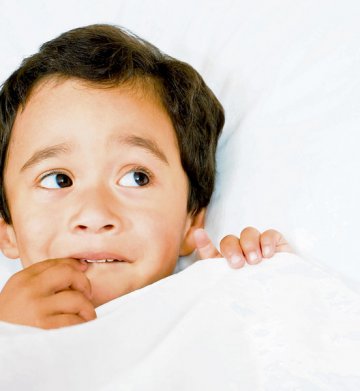
Helping Children with Nightmares
Q. Our six-year-old son is a happy, outgoing, enthusiastic little boy. A few months ago he started having nightmares most nights, and wakes up hysterical on occasion. He is now getting upset at bedtime saying that he doesn’t want to go to sleep because he is afraid of having one. He has no computer games, watches age-appropriate TV and, likewise, his books are age appropriate, so he is not exposed to violent or frightening programmes or stories.

We argue about our aggressive five year old
Q. We are having problems with our five-year-old son who can be pretty rough and aggressive with other kids. Last week the teacher called us in saying he was fighting with other children in his class. At home he can be really stubborn and throws tantrums when he does not get his own way and gives my wife a hard time at home especially when I am not there. My wife, who looks after him full-time at home, is really worried about it and thinks that something is wrong and that we should get him assessed professionally. I am not sure about this.
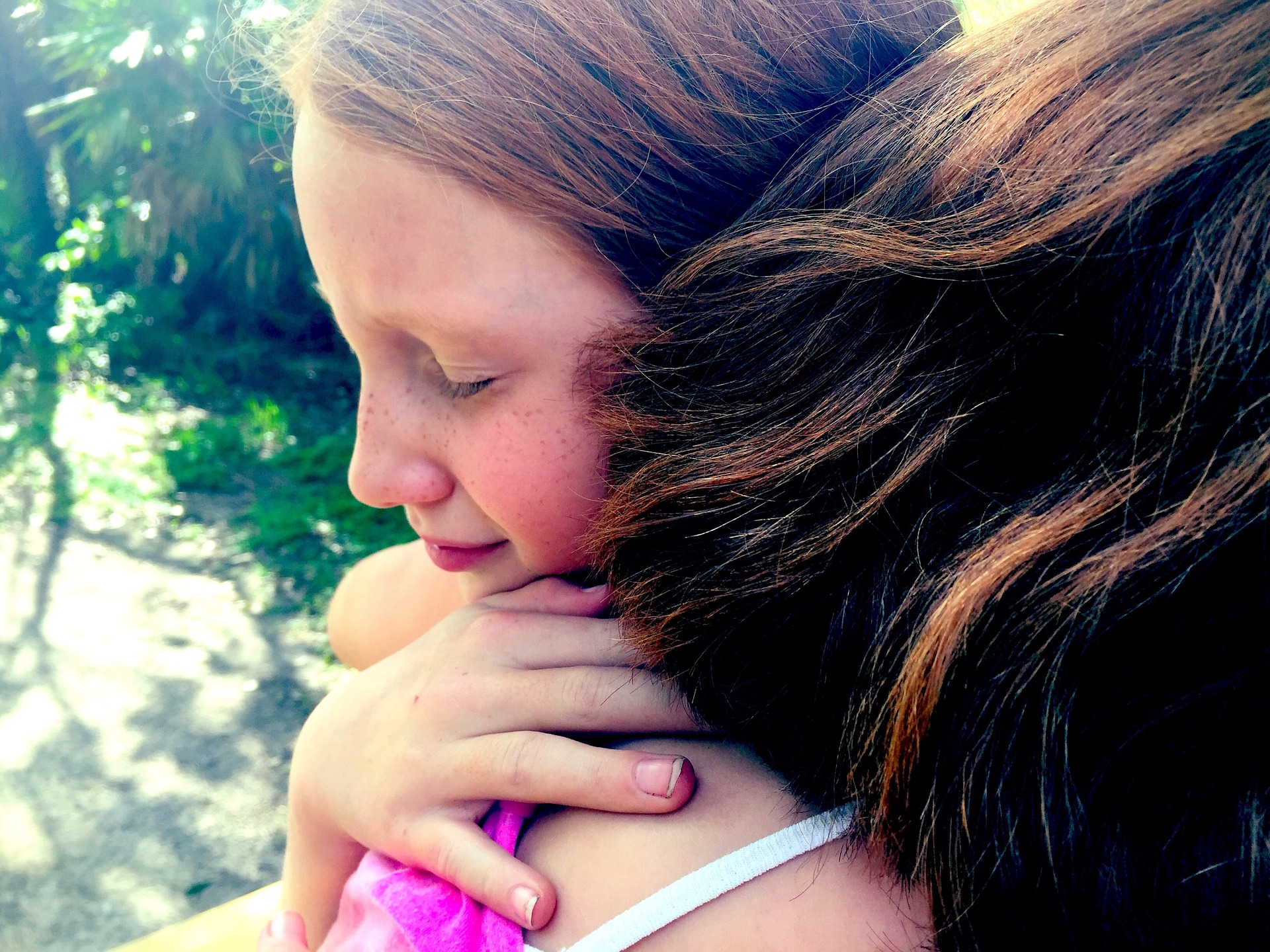
How do I explain cancer to my children?
Q. I am the mother of two children, aged eight and 10. Six weeks ago, I was diagnosed with cancer. So far I haven’t told my children and have just said to them that I have been a little sick to explain the trips to the doctor. But now I am due to begin chemotherapy, and with all that entails, I realise I should tell them more now. I am trying to be hopeful about the future and my husband is a great support and we are committed to fighting this together. I am wondering about what to tell the children.
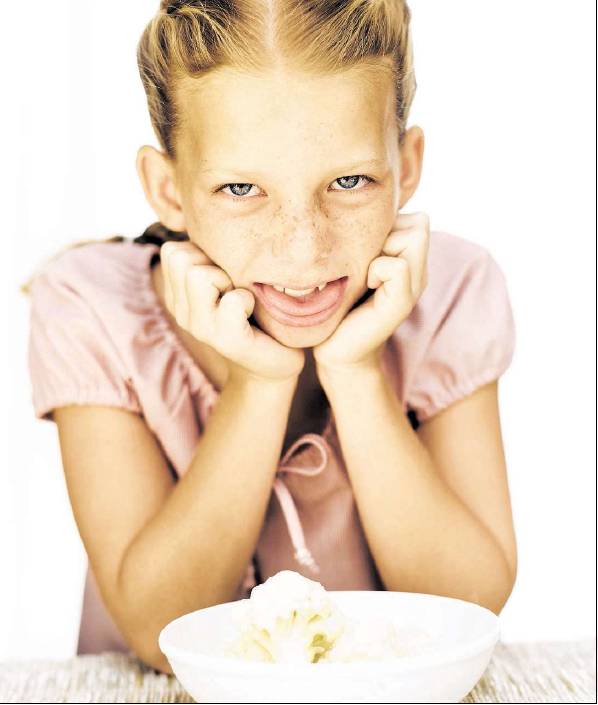
Coping with a fussy eater
Q. Our seven-year-old daughter’s eating habits are causing concern. She is our youngest by six years and, unlike her older siblings, has developed a very limited repertoire of acceptable foods to eat. She resolutely refuses to venture beyond plain pasta and pizza, noodles, chips, cheddar, chocolate ice cream, bread without crusts and smoked salmon. She has never eaten meat or vegetables, and fruit has been limited to a handful of grapes and a couple of apples to date. The consumption of said fruit was an undertaking of marathon proportions.

Online Bullying
While online social media has revolutionised how we communicate with one another, the fact that it can be used as a forum for personal attacks, intimidation and bullying has been highlighted in recent weeks. Several pertinent questions are raised such as does online social media give rise to a more dangerous form of bullying and what is it about the psychology of online social media that gives rise to bullying in the first place?
